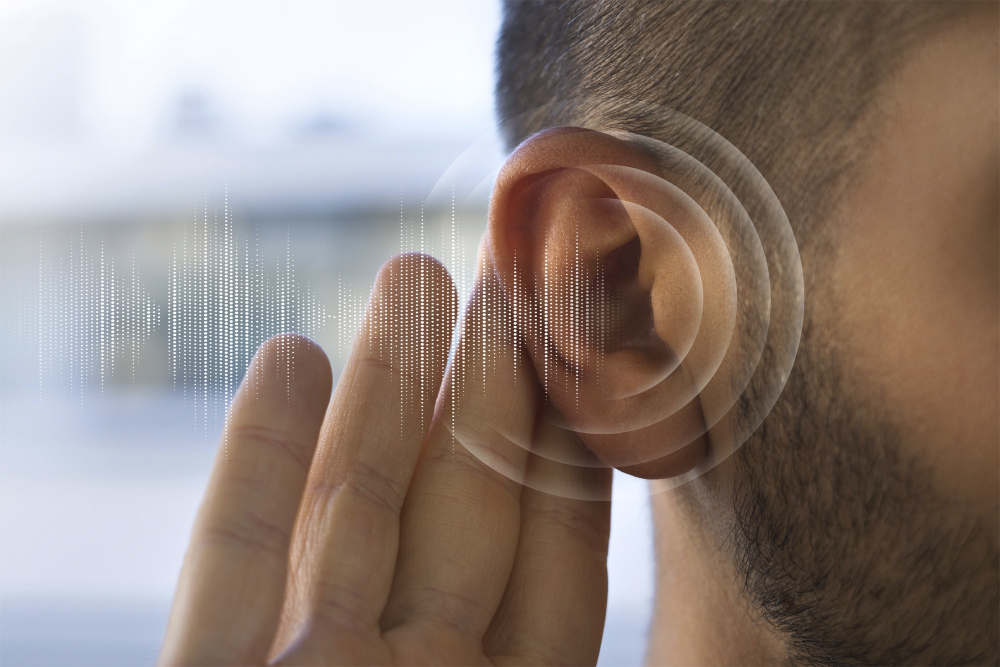Wearing a hearing aid is more common than you might think. Hearing loss is a medical condition that affects approximately 60% of people over the age of 18. Hearing aids are used to manage hearing loss and allow people who suffer from the condition to live their lives to the fullest, without worrying about their struggle to hear.
Choosing the right hearing aids for your hearing needs and personal preferences will make wearing them more comfortable and ensure that you can hear without stress, even in loud or busy environments. As hearing aid technology advances, selecting the right device also means purchasing one with all of the features you want to make life easier.
An independent audiology clinic is the best place to go to discuss hearing aid options. An audiologist will test your hearing to identify the extent of hearing loss, and they can provide you with a wide range of options. While many audiology clinics are owned by hearing aid manufacturers, an independent clinic will provide you with more diverse options.
Below are some of the most important choices to make when you are in the process of finding a hearing aid.
Hearing Aid Style
The different hearing aid styles available today are not what they used to be. Today, hearing aids can be much more stylish, smaller, and discreet than in the past. Traditional Behind-the-Ear hearing aids have become slimmer while still providing the power and amplification required for more severe types of hearing loss.
Many people who experience hearing loss also choose Completely-in-the-Canal or Invisible-in-the-Canal styles of hearing aids. These are custom-fitted so that the entire device can fit comfortably within your ear canal.
Type and Degree of Hearing Loss
The extent of your hearing loss will help you determine the right hearing aid for your needs. Hearing loss can be defined as mild, moderate, severe, or profound, based on how loud sounds must be before you hear them. Different types of hearing loss may also affect different frequencies. For example, sensorineural hearing loss impacts higher-frequency sounds, making it harder to distinguish higher-pitched voices, beeping noises, and certain consonants. Others may suffer from low-frequency hearing loss.
An audiologist will assess the type and degree of your hearing loss during your hearing test. Those results will help guide you toward the right hearing aid for your specific needs.
Technology Features in Your Hearing Aid
Newer hearing aids come with technology features that can improve your listening experience and make using hearing aids easier and more convenient. Features include Bluetooth streaming for audio, phone calls, and app control, improved background noise management, tinnitus masking, feedback management, sound localization, and even fitness trackers and fall detection.
Ask your audiologist about a trial period for a new set of hearing aids. A trial period allows you to test out the device for fit, features, and improvements to hearing quality. Your hearing aids should feel comfortable and help you adjust to life with hearing loss.



